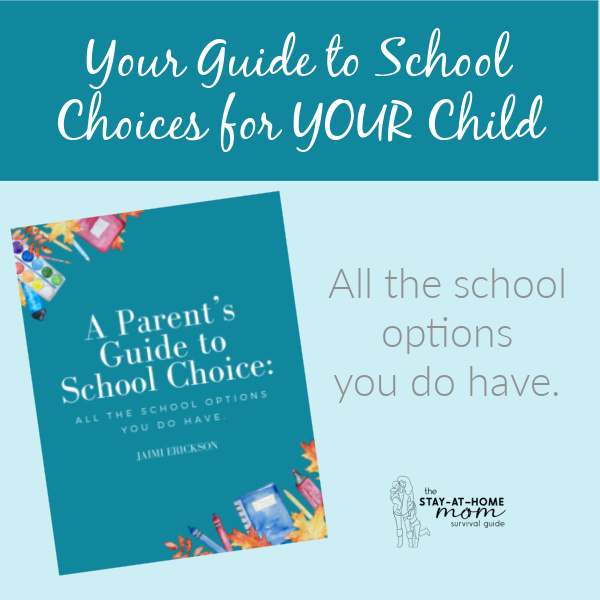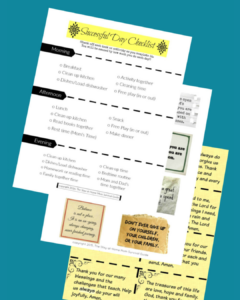Essay writing is an important part of a child’s education. It is not just a tool for assessment but as a means to develop critical thinking, creativity, and communication skills. As parents, the instinct to help your child navigate their educational journey is natural. However, deciding to dive in can be uncertain when it comes to helping them with essay writing.
Understanding the pros and cons of assisting your child with essay writing can offer clarity. You will be assured that your involvement is beneficial and constructive.

Benefits of Helping Your Child with Essay Writing
Assisting your child with essay writing is more than just guiding them through their homework. It’s about providing them with the tools and support they need to express their ideas clearly and confidently.
Whether brainstorming ideas together, discussing the structure of an essay, or exploring options for professional guidance, your involvement can significantly impact their learning journey. Opting for essay writing services can offer a unique perspective and expert advice, further enhancing your child’s ability to articulate their thoughts effectively.
The benefits of helping your child with essay writing, including the strategic use of such services, extend far beyond the immediate task. You are nurturing skills and qualities essential for their academic and personal growth.
Here are several key advantages:
- Enhances Bonding and Communication: Assisting your child with essay writing tasks can be a bonding experience. It opens up avenues for discussions about ideas, values, and knowledge, fostering a deeper connection. This interaction strengthens your relationship and boosts your child’s communication skills as they learn to articulate their thoughts and opinions more effectively.
- Provides Personalized Learning: Every child learns independently and has unique strengths and weaknesses. By helping your child write essays, you can offer tailored guidance that specifically addresses their needs. Whether brainstorming ideas, structuring their essay, or refining their arguments, personalized support can enhance their learning experience, making the process more efficient and effective.
- Builds Confidence: Your encouragement and feedback can significantly boost your child’s confidence. Positive reinforcement helps them recognize their abilities and potential, motivating them to take on new challenges. As they improve their writing skills with your support, their self-esteem grows, empowering them to approach future writing tasks confidently.
- Develops Critical Thinking and Problem-Solving Skills: Essay writing involves analysis, argumentation, and synthesis of information, which are crucial for developing critical thinking and problem-solving skills. By engaging with your child during the writing process, you can guide them in exploring different perspectives, evaluating evidence, and crafting coherent arguments. This collaborative approach encourages them to think critically and develop solutions to writing challenges.
Cons of Helping Your Child with Essay Writing
While assisting your child with essay writing has benefits, it’s also important to recognize potential drawbacks. Navigating the fine line between support and interference can be challenging. And well-intentioned help might only sometimes yield positive outcomes.
Understanding these potential cons can help parents approach essay assistance in a way that fosters independence and growth rather than dependency or frustration.
Here are some of the cons associated with helping your child with essay writing:
- Risk of Over-Intervention: One of the significant risks of helping your child with essay writing is the temptation to over-intervene. Doing too much can stifle their creativity and independence, making them reliant on your assistance for every writing task. It’s crucial to strike a balance, offering guidance that encourages autonomy and allows them to take ownership of their work.
- Potential for Conflict: Writing can be stressful, and combining parental authority with academic support may lead to conflict. Differences in opinion over content, structure, or arguments can cause frustration. Maintaining patience and openness is essential, ensuring that the experience remains positive and constructive for your child.
- May Limit Development of Personal Voice: An essential aspect of writing is finding and developing one’s voice. Excessive parental involvement can inadvertently suppress this process, leading to essays that reflect the parent’s voice rather than the child’s. Encouraging your child to express their ideas and thoughts freely is vital for them to develop a distinct and authentic writing style.
- Time Constraints: Balancing work, household responsibilities, and personal time can be challenging. Helping your child with their essay writing is a time-consuming endeavor that requires patience and dedication. It’s important to consider whether you can commit the necessary time to provide meaningful assistance without compromising other responsibilities.
Final Thoughts
In conclusion, helping your child with essay writing offers a unique opportunity to support their educational development while strengthening your relationship. The key is to provide guidance that promotes learning, confidence, and independence without overshadowing their efforts.
By being mindful of the pros and cons, you can ensure that your involvement enriches your child’s writing experience. You will help equip them with the skills they need to succeed academically and personally.








